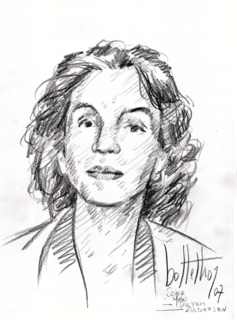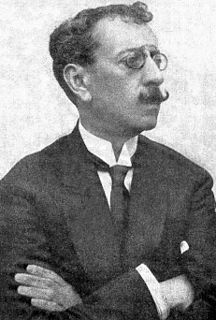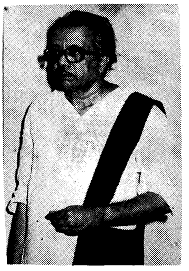 W
WSophia de Mello Breyner Andresen was a Portuguese poet and writer, and was the first woman to receive the Camões Prize, in 1999. Her remains have been entombed in the National Pantheon since 2014.
 W
WRuy Barbosa de Oliveira was a Brazilian polymath, diplomat, writer, jurist, and politician.
 W
WOlavo Brás Martins dos Guimarães Bilac, often known as Olavo Bilac, was a Brazilian Parnassian poet, journalist and translator. Alongside Alberto de Oliveira and Raimundo Correia, he was a member of the "Parnassian Triad". He was elected the "Prince of Brazilian Poets" in 1907 by the magazine Fon-Fon. He wrote the lyrics of the Brazilian Flag Anthem.
 W
WCamilo Castelo Branco, 1st Viscount of Correia Botelho, was a prolific Portuguese writer of the 19th century, having produced over 260 books. His writing is considered original in that it combines the dramatic and sentimental spirit of Romanticism with a highly personal combination of sarcasm, bitterness and dark humour. He is also celebrated for his peculiar wit and anecdotal character, as well as for his turbulent life.
 W
WMariana Coelho was a Portuguese Brazilian educator, essayist and poet, and a feminist pioneer in Brazil.
 W
WMarina Colasanti is a Brazilian writer, translator and journalist. She lived in Libya during her infancy, and then she moved to Italy, where she lived for eleven years. Her family moved to Brazil in 1948 due to the difficult conditions in Europe after World War II.
 W
WAntônio Houaiss was a Brazilian lexicographer, diplomat, writer and translator.
 W
WRavindra Kelekar was a noted Indian author who wrote primarily in the Konkani language, though he also wrote in Marathi and Hindi. A Gandhian activist, freedom fighter and a pioneer in the modern Konkani movement, he is a well known Konkani scholar, linguist, and creative thinker. Kelkar was a participant in the Indian freedom movement, Goa's liberation movement, and later the campaign against the merger of the newly formed Goa with Maharashtra. He played a key role in the founding of the Konkani Bhasha Mandal, which lead the literary campaign for the recognition of Konkani as a full-fledged language, and its reinstatement as the state language of Goa. He authored nearly 100 books in the Konkani language, including Amchi Bhas Konkaneech, Shalent Konkani Kityak, Bahu-bhashik Bharatant Bhashenche Samajshastra and Himalayant, and also edited Jaag magazine for more than two decades.
 W
WPaulo Leminski Filho was a Brazilian poet, translator, literary critic, biographer, teacher and judoka. He was famous for his avant-garde concrete poems and haiku.
 W
WLya Fett Luft is a Brazilian writer and a prolific translator, working mostly in the English-Portuguese and the German-Portuguese language combinations.
 W
WJoaquim Maria Machado de Assis, often known by his surnames as Machado de Assis, Machado, or Bruxo do Cosme Velho, was a pioneer Brazilian novelist, poet, playwright and short story writer, widely regarded as the greatest writer of Brazilian literature. Nevertheless, Assis did not achieve widespread popularity outside Brazil during his lifetime. In 1897 he founded and became the first President of the Brazilian Academy of Letters. He was multilingual, having taught himself French, English, German and Greek in later life.
 W
WJosé Rodrigues Miguéis was a Portuguese translator and writer.
 W
WAntônio Olinto Marques da Rocha was a Brazilian writer, essayist and translator.
 W
WMário de Miranda Quintana was a Brazilian writer and translator.
 W
WJosé Eugênio Soares is a Brazilian comedian, talk show host, author, and musician, known professionally as Jô Soares, or Jô.